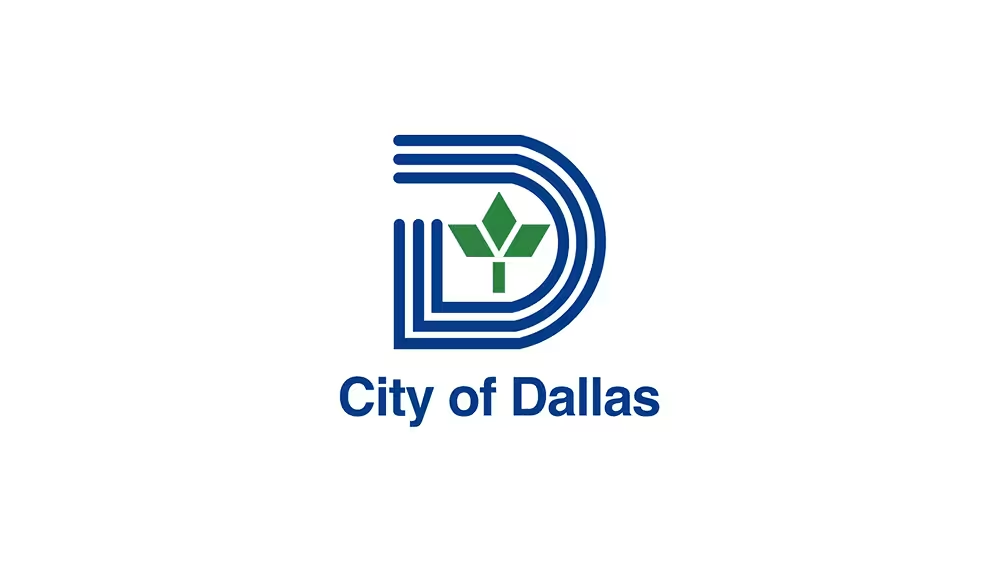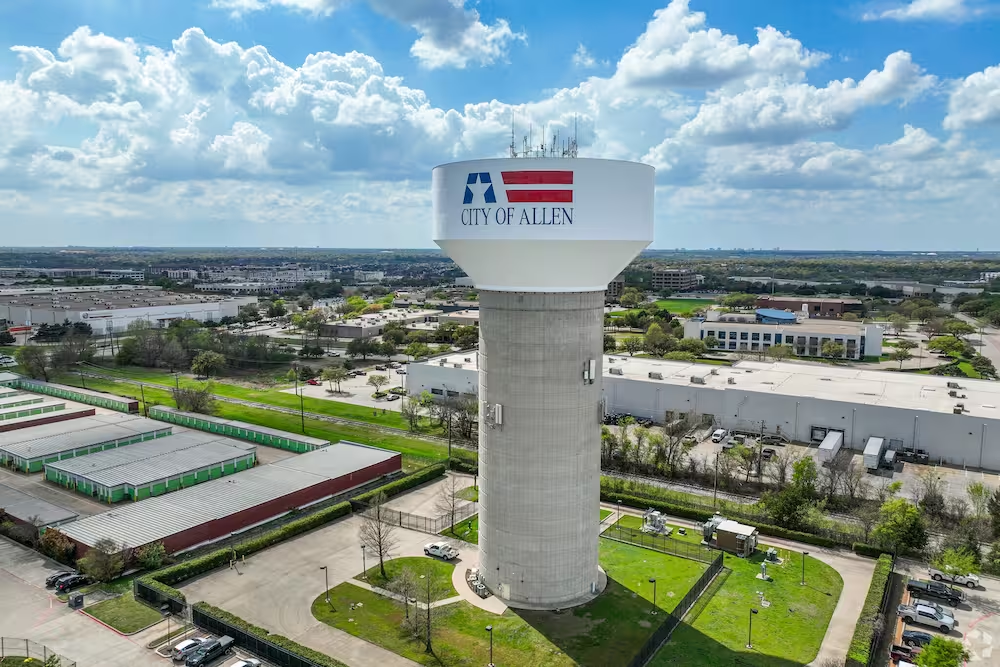How Smart Tech Can Help Small Cities Overcome Procurement Challenges
.avif)
Small cities have big hurdles to clear when it comes to procurement. With fewer employees, tighter budgets, and weaker buying power, small governments struggle to get the best bargain on goods and services. Luckily, new technology aims to make procurement easier for smaller municipalities so they can bypass procurement challenges and get better deals for their community.
Small Cities’ Procurement Problems
Smaller Budgets and Lack of Purchasing Power
Gun Barrel City, Texas, is a small town of 6,800 just east of Dallas. The city has no property tax and survives from sales tax alone. The entire budget is $5 million. For comparison, Gun Barrel City Manager Angie Smith said her budget was $4 million for the Parks and Rec Department alone when she used to work for a larger municipality.
Tinier budgets mean small cities have to be conscientious about spending. Yet, smaller governments often end up paying more for goods and services because they don’t purchase enough volume to receive bulk discounts. Instead of paving a mile of road, Gun Barrel will bid out less than a quarter mile and then pay top dollar for each linear foot.
“We're building a community center, and I'm seeing that through and through—we don't have the buying power that a big city has,” Smith says.
It’s difficult for small cities to get contractors to even consider doing small projects.
The procurement struggle extends to everyday purchases as well. Smith says they will use Amazon or other retailers and pay retail prices for some goods because they can't justify buying the amount needed to get a discount. "We don't need 10,000 koozies," she said, "We need 1,000, and it is just easier to buy them retail."
.avif)
Not Enough Staff and Skills Gaps
On top of the lack of purchasing power, many smaller governments don’t have committed teams to navigate procurement complexities.
At the last city Smith worked at, there were two staff members dedicated to procurement.
“That was their specialty. They made sure that we followed purchasing laws in Texas and the federal purchasing laws,” Smith said. “In a small city, you don't have somebody that is that well versed in those rules because they are a jack of all trades.”
Small city workers are multitasking heroes who take on varying roles like a one-man band. Gun Barrel has a single person on the finance team, the treasurer, who manages all other finance tasks. Procurement isn’t always at the top of the priority list.
Different staff members pitch in on the purchasing process where they can, but to no fault of their own, they lack the know-how to manage purchasing as effectively as possible. Staff might not understand compliance regulations or be unclear on a project’s specific needs. Smith said at one point, they had to teach their employees how to build a formal. Request for Proposal (RFP), a key component of the procurement process, and how to score it properly because no one on staff had previously made one.
The absence of procurement expertise can be scary, especially when cities are mandated to conduct formal RFP processes for larger purchases. Noncompliance could lead to potential project delays or legal issues.
Insufficient Software and Tools
Finally, small governments don’t usually have access to software that could make their lives easier.
“We're managing a city's $5 million budget on software that was designed to run a small to midsize business,” Smith said. “We can't afford a more comprehensive software because of the costs associated with yearly contractual maintenance. We just make it work.”
That means staff members who are already juggling multiple tasks have to make do with technology that is slowing them down.
How New Technology Aims to Solve Small City Procurement Challenges
Civic Marketplace, a new public sector purchasing platform, aims to relieve these burdens for small communities by making it easy to shop for contracts.
Small cities that do not have procurement expertise can search the Civic Marketplace database to find vendors that fit their project needs. They don’t have to worry about compliance complexities because the contracts are already pre-vetted and are immediately available to purchase.
On the flip side, small cities can also get more eyes on their RFPs by posting them on the platform. Rather than relying on local or regional connections, vendors from all over the nation can bid on a small city’s RFP. This allows for more competition, and communities with tighter budgets can shop for the best deal.
Smaller governments can also co-buy goods off of bigger contracts. Co-buying gives small governments more purchasing power and bulk discount deals. Smith was one of the early testers of Civic Marketplace. She said the co-buying feature might be the platform's biggest potential benefit for communities like Gun Barrel.
The platform is also free for governments to join.
Small cities, though nimble and adept at multitasking, are often at a disadvantage with purchasing. But when equipped with the right tools, they now have more power to make smarter purchasing decisions. Civic Marketplace’s goal is to make that possible.
“You plug in what you need, you're able to see those resources, get those bids based on your constraints, and package it to get the best deal for the city,” Smith said.
If you want to get better deals for your small city, try out Civic Marketplace today.








